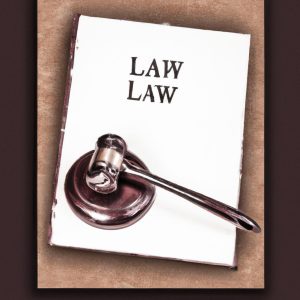Medicaid and Estate Planning
Medicaid and Estate Planning in New York are interconnected aspects of ensuring that seniors can access necessary healthcare services while preserving their assets and estate for the benefit of their loved ones. This comprehensive guide explores how Medicaid and Estate Planning intersect in New York and how individuals can navigate these complex areas of law effectively.
Understanding Medicaid in New York
Medicaid is a vital government program that provides healthcare coverage to eligible low-income individuals, including seniors. It plays a crucial role in covering the high long-term care costs, such as nursing home expenses.
Medicaid Eligibility
Medicaid eligibility in New York is based on income and asset limits. To qualify, seniors must meet specific financial criteria. However, navigating these criteria can be challenging without proper planning.
Asset Protection Strategies
One of the primary concerns for seniors is protecting their assets while qualifying for Medicaid benefits. Estate planning, coupled with Medicaid planning, can help seniors protect their assets legally.
Irrevocable Medicaid Trusts
Irrevocable Medicaid trusts are a popular asset protection strategy. These trusts allow individuals to transfer assets into an irrevocable trust, removing them from their countable assets for Medicaid eligibility purposes.
Spousal Impoverishment Protections
Medicaid also provides protections for spouses of Medicaid applicants. These protections prevent the impoverishment of a healthy spouse when one spouse requires long-term care.
Estate Planning Tools for Medicaid
Effective estate planning can complement Medicaid planning. Seniors can utilize various estate planning tools to ensure their assets are distributed according to their wishes while still qualifying for Medicaid.
Wills and Trusts
Wills and trusts are fundamental estate planning documents. They allow seniors to designate beneficiaries and outline how their assets should be distributed upon their passing.
Power of Attorney and Healthcare Proxy
Designating a power of attorney for financial matters and a healthcare proxy for medical decisions is crucial. These individuals can make decisions on behalf of the senior if they become incapacitated.
Working with an Elder Law Attorney
Navigating the complexities of Medicaid and Estate Planning in New York can be overwhelming. Seniors and their families need to consult with experienced Elder Law attorneys who understand both areas of law.
Why Choose Morgan Legal Group?
Morgan Legal Group is a trusted name in Elder Law Planning in New York. Our team of dedicated attorneys specializes in helping seniors protect their assets, access necessary healthcare, and create comprehensive estate plans that align with their goals.
Conclusion
Medicaid and Estate Planning are essential components of securing the future for seniors in New York. By understanding how these areas intersect and working with experienced Elder Law attorneys like Morgan Legal Group, seniors can ensure they receive the care they need while preserving their assets for their loved ones.
For personalized guidance on Medicaid and Estate Planning in New York, contact Morgan Legal Group today. We’re here to help you navigate the complexities and protect your future.











